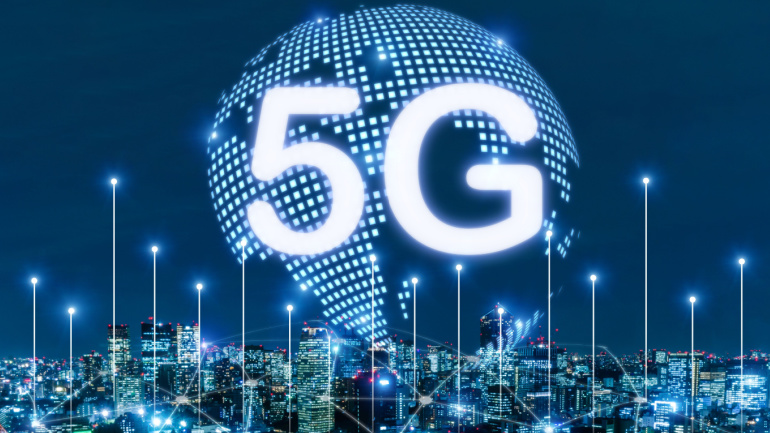Enterprises across Europe recognize the power of AI and 5G to drive innovation, yet face major hurdles in adoption. Ericsson research reveals that outdated systems, skill shortages, and complex telecom solutions are stalling progress. While the UK leads in optimism and investment, many European firms struggle with rising costs and poor connectivity.
Sinch’s latest report reveals that nearly all businesses plan to use AI in customer communications this year. As customer expectations grow, companies are embracing AI to deliver personalized, secure, and seamless experiences across channels like SMS, chat, and voice.
In a heated debate over AI reasoning, Anthropic challenges Apple’s flawed testing methods. The controversy highlights the need for improved benchmarks, as Apple’s evaluations misunderstood AI reasoning by treating models as text generators.
Apple’s revealing study challenges prevailing beliefs about Artificial General Intelligence by probing AI’s reasoning capabilities. It shows that many AI models, like those from Anthropic, rely heavily on pattern matching rather than true logical reasoning.
Singtel unveils RE:AI via its Paragon platform, reflecting its commitment to democratizing artificial intelligence. This AI Cloud service, designed for enterprises and public sectors, eliminates hefty infrastructure costs and complexities. By simplifying AI deployment, Singtel enhances operational efficiencies and AI innovation.
A recent study conducted by Juniper Research, renowned experts in telecommunications markets, suggests that operators are poised to tap into revenue growth opportunities by targeting enterprise markets, particularly cellular IoT. Despite significant investments in 5G networks, operators have struggled to monetize consumer adoption of 5G, failing to command substantial price premiums over 4G services.
Alianza, Inc., the leading cloud communications platform for service providers, today released a new Omdia Research report, “Reinventing Core Communications: Strategic Imperatives for Growth.” The report offers a transformation roadmap for service providers as they face increasing operational complexity, network costs, and revenue pressures that are creating hostile market conditions across the telecommunications industry.
By the end of this decade, the global number of 5G connections is expected to surge to 5.5 billion, positioning 5G as the leading mobile technology by 2028. This forecast comes from the latest research released by the GSMA. Despite a significant phase of investment in the 5G network already behind us, the mobile industry is set for continuous financial commitment towards enhancing this technology in the coming years.
The cellular Internet of Things (IoT) market is set to undergo a significant transformation, thanks to the advancements in eSIM technology, as highlighted in recent research conducted by Omdia. The adoption of eSIM is expected to skyrocket, driven by the GSMA SGP.31/32 specifications, offering unprecedented efficiency, flexibility, and choice to enterprises across the globe.
In a comprehensive analysis conducted by MedUX, a connectivity testing firm, Berlin emerged as the front-runner in providing the best 5G experience across major European cities. The study, which encompassed extensive testing in cities such as Barcelona, Paris, Lisbon, Milan, Porto, Rome, Madrid, Munich, and London, highlighted Berlin’s superior performance in data and over-the-top (OTT) experiences, alongside its impressive overall score of 4.69 out of 5.













